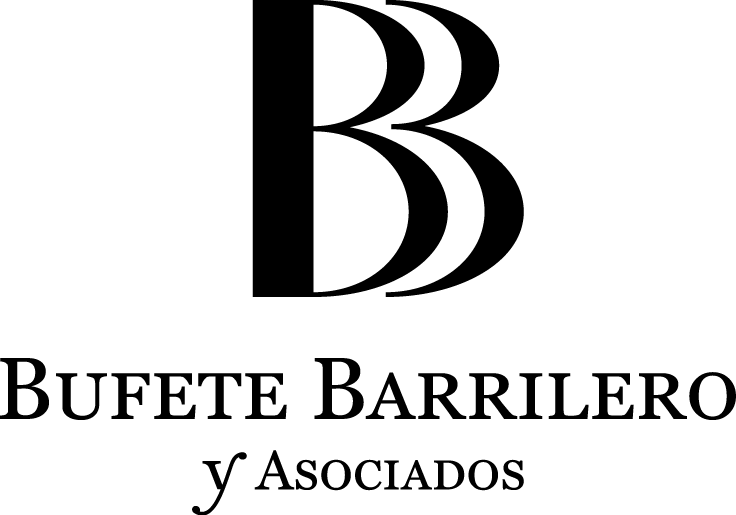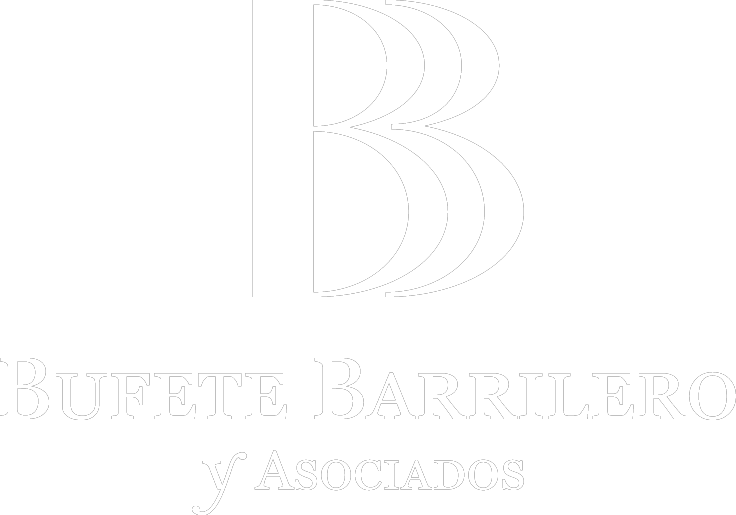Valladolid. June 23, 2016. Labor law in Spain needs to be adapted to the sharing economy and the new ways of working, according to José Ramón Minguez, who attended the conference hosted by APD and ADECCO in Valladolid. The principal objective of the conference was to analyse the evolution of work in a globalized and competitive world.
Jose Ramón Mínguez believes that existing Spanish labor laws are not fit for the new ways of working which seek to increase the flexibility of the workforce and have to deal with the sharing economy, telecommuting and the digital technology boom. The classic framework of labor relations designed with the great industrial companies in mind, will no longer suffice, said Minguez. In fact, certain sharing economy companies, such as BlaBlaCar, offer their clients a service in which there is no money transaction at all. Rather, what clients do is share travelling expenses. Nevertheless, the Statute of Workers Rights and the Statute for the Self-Employed state that workers render their services in exchange for compensation and, therefore, there must be compensation in order for a labor relationship to exist. For this reason, labor law should adapt to the new framework in which the new technologies play an ever greater role with a view to integrating the rise of the new labor relationships within the proper legal framework. Otherwise, Minguez stated, we run the risk of creating a legal limbo for many who make their living under this new model.
Among other conclusions drawn, José Ramón Minguez stated that the key point in Spain in the near future is to introduce the new models of work by using common criteria. He went on to make the point that the future of employment has little to do with labor reform from a classical market-centred viewpoint, rather, the key is in questions closely related to the country’s culture, education system, and the maintaining of business competitiveness.”
The conference was hosted by APD and ADECCO and the title was “The Future of Work and Work in the Future; Labour Needs and Skills in a Globalised Competitive World.” The aim of this conference was to analyse the changes that are modifying ways of working with new formulas such as outsourcing, project-based work and crowdsourcing among others. Sonia Gonzalez, Training Manger for la Junta de Castilla y León attended the conference, and Rosa Valdeón, the Employment Minister for la Junta de Castilla y León gave the concluding speech.


